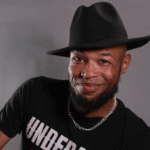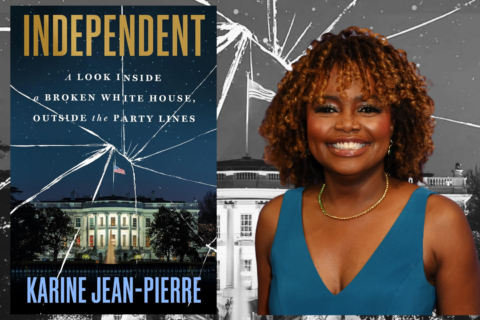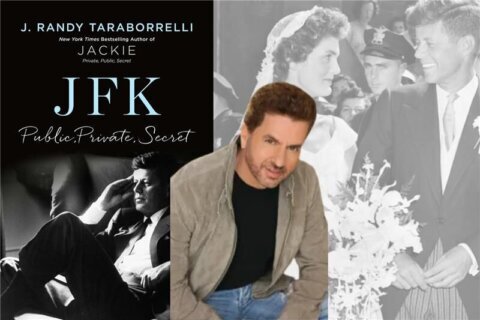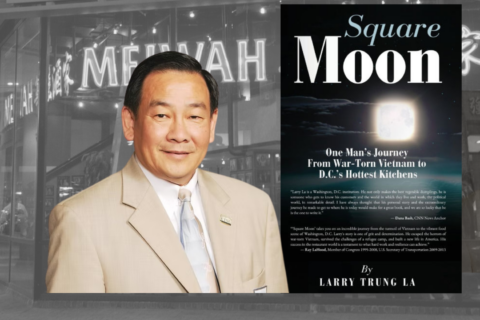This video is no longer available.
This story was written as part of the WTOP Book Report series authored by Terik King. Read more of that coverage.
“Cancel culture” is a polarizing phenomenon that evokes a strong reaction from people across all sectors of society, and can look like anything from restaurant boycotts to job terminations after the resurfacing of years-old tweets to backlash for impulsive misstatements.
Philadelphia journalist Ernest Owens, author of “The Case for Cancel Culture,” told the WTOP Book Report that he believes we’ve got it all wrong.
Before writing his own, Owens said he read other books about the phenomenon.
“They were against it. It was a complete attack on the term and what it meant,” Owens said. “And I just felt like that was a very myopic way of looking at the topic.”
While interpretations of the term vary, Cambridge Dictionary has defined cancel culture as “a way of behaving in a society or group, especially on social media, in which it is common to completely reject and stop supporting someone because they have said or done something that offends you.”
In “The Case for Cancel Culture,” Owens argues that cancel culture is a democratic tool which allows marginalized voices to hold powerful figures accountable for their actions. “When every other institution fails, the power goes to the people. And what we do with that power, by canceling and asking for accountability and asking for things to change … this is what this is.”
It’s all about power
“Cancel culture typically comes in when there are situations where people feel like there is an injustice and there’s no immediate way” to address it, Owens said.
He cited Harvey Weinstein as an example: “This man had been doing this stuff for years. And people knew about it. What did they do? Nothing, because there was no system to check him. So it took a bunch of women to get together to … create public pressure to lead to his cancellation. It’s a whole different game for them based on their power.”
Cancel culture is nothing new
“The Case for Cancel Culture” argues that what we now call cancel culture is simply shorthand for collective action and protest, and that societies have practiced it for centuries.
The book cites examples of mass “cancellation” of figures that have transgressed culturally-acceptable norms of their times, both contemporary (Weinstein, Bill Cosby, the rise of #MeToo, R. Kelly) and historical (e.g. Joan of Arc canceled as a heretic, the Pilgrims canceling their ties to the Church of England and the American Revolution canceling taxation without representation).
“[The way] people use religion as a way to create a moral code was driven by canceling something,“ Owens said. “Canceling behavior, canceling sins … indulgences.”
Just how far back does the history of canceling people go? In Owens’ view, Adam and Eve being banished from the Garden of Eden amounts to a cancellation.
Owens told WTOP that he views the Civil Rights Movement as another early form of cancel culture.
“When Jim Crow laws were put in place, Black people said we’re going to cancel your buses, we’re going to have the Montgomery bus boycott, we’re going to cancel our support for some of these institutions,” Owens said. “And we pushed back and our cancellation led to political change, policy change.”
“The Case for Cancel Culture” also traces how the term “cancel” as shorthand for ending a relationship or rendering a person or subject irrelevant originated in Black culture. “It was supposed to be a frivolous, funny, tongue-in-cheek slang that was used amongst other folks to describe ending things that were frivolous and non-important,” Owens said. “And then once everybody started using it, everybody started using it wrong.”
Will this book change any minds?
There is a lesson for everyone in “The Case for Cancel Culture,” Owens said.
“There’s history the people clearly don’t know, “ he said. “Really what I’m doing is, I’m reclaiming this term. Reclaiming it for something else … for something better.”








